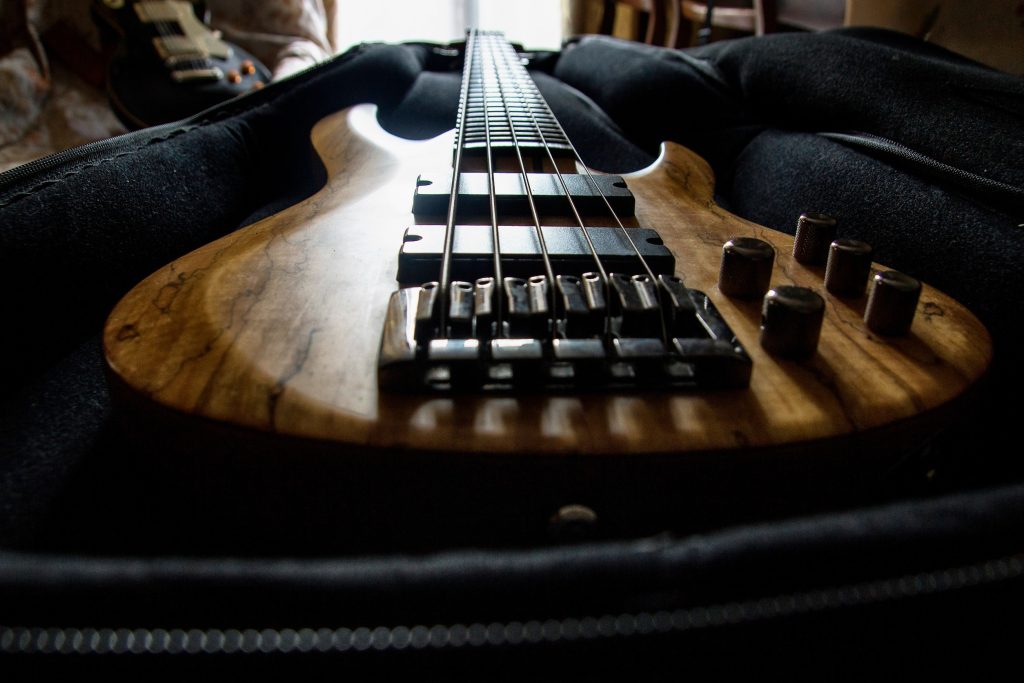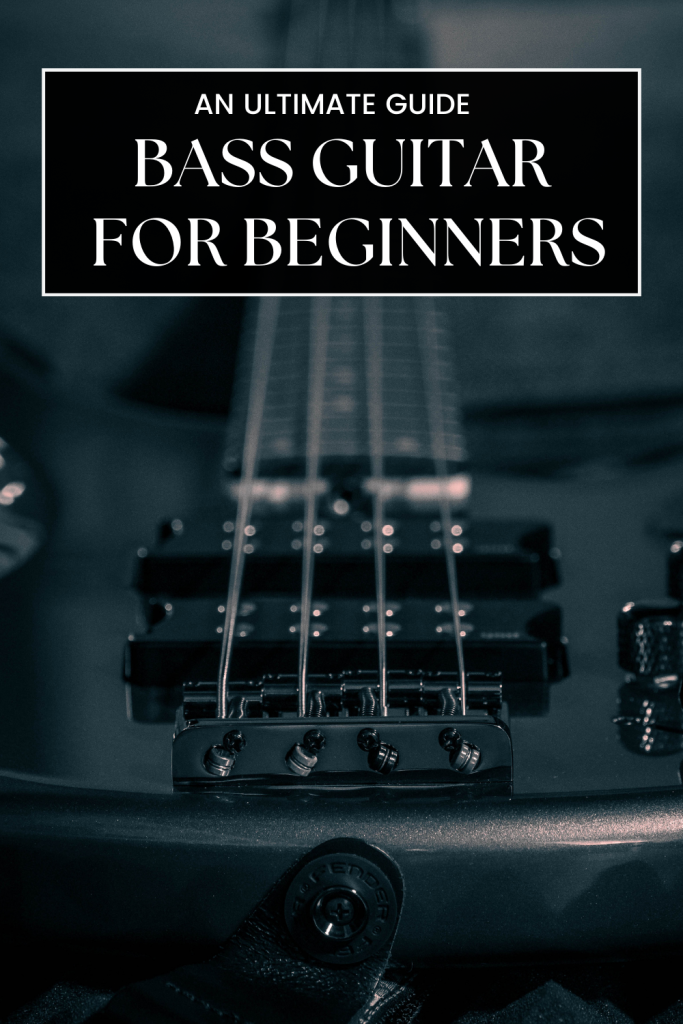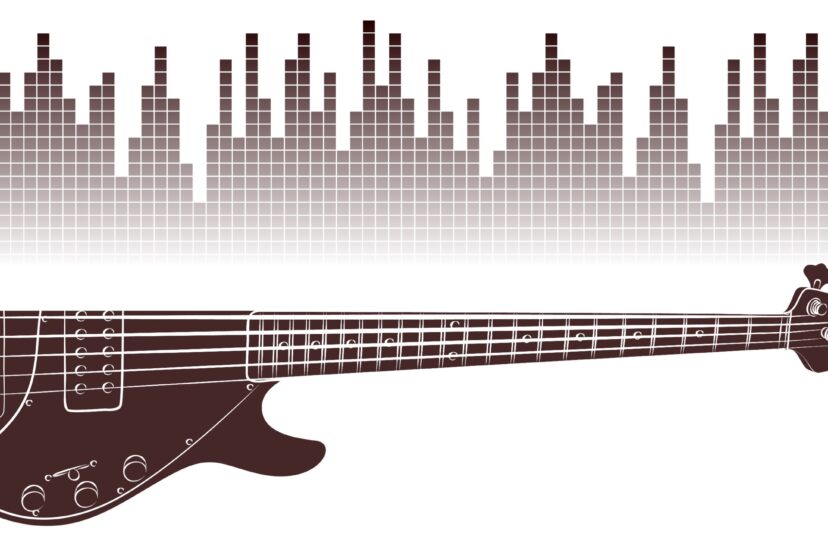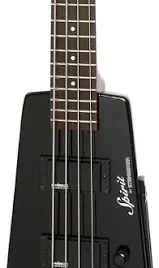Bass Guitar for Beginners: An Ultimate Guide
Welcome to the World of Bass Guitar
If you’re reading this, I hope you’re about to embark on a thrilling journey into the groove-filled world of bass guitar. Exciting, isn’t it? Well cool, let’s get started!
Understanding the Basics of Bass Guitar
Anatomy of a Bass Guitar
To conquer bass guitar for beginners, you first need to understand its anatomy. The main parts include the neck, fretboard, strings, tuning pegs, pickups, and bridge. Each part plays a crucial role in creating the bass’s unique sound.
The Role of Bass in Music
Ever wondered why bass is so essential? The bass lays the rhythmic and harmonic foundation of a song, bridging the gap between the drums and other melodic instruments. It adds depth, texture, and groove.
Choosing Your First Bass Guitar
Factors to Consider
Size and Shape
When choosing your first bass guitar, consider the size and shape. A bass that’s comfortable to hold and play makes the learning process much smoother.
Material and Build Quality
Materials and build quality matter too. They can influence the sound and durability of the instrument. Solid wood basses usually produce a richer sound than laminated ones.
Price Range
And let’s not forget about the price. As a beginner, it’s wise to start with a budget-friendly bass guitar and then upgrade as your skills improve.
Getting Started with Your Bass Guitar
Learning to Tune
Once you’ve got your first bass guitar, it’s time to learn how to tune it. Proper tuning is crucial for a clear, harmonious sound. Consider using an electronic tuner for accuracy.
Proper Handling and Posture
Don’t overlook proper handling and posture. Trust me, they can make a world of difference to your playing and help avoid any potential strain or injury. Its not about looking cool, its about being properly positioned to play your best.
Basic Finger Techniques
And then, we have the finger techniques. Start with the basics like alternate plucking and fretting. Remember, accuracy over speed.

Your First Bass Guitar Lessons
Understanding Rhythm and Timing
Rhythm and timing are the heart and soul of bass playing. Practice with a metronome to develop a steady sense of rhythm and timing.
Basic Scales and Chords
Next, dive into basic scales and chords. Start with the major and minor scales and power chords. They will open up a new world of musical possibilities.
Practicing Efficiently
Structuring Your Practice Sessions
When it comes to practice, quality matters more than quantity. Regular, structured sessions focused on specific skills will lead to faster progress.

Tips for Efficient Practice
Here are some quick tips: start slow, gradually increase your speed, repeat challenging sections, and most importantly, stay patient and consistent.
Finding Your Unique Bass Sound
As you grow more comfortable with your bass, you’ll start to develop your unique sound. Experiment with different techniques, genres, and tones. Remember, playing bass is as much about expressing yourself as it is about laying down the groove.
The Journey Beyond the Basics
Mastering the bass is a journey, not a destination. Once you’ve nailed the basics, continue exploring. Try learning more complex songs, experiment with slap bass, or even try composing your own bass lines. The world of bass guitar is vast and full of exciting possibilities.
Conclusion
There you have it! A beginner’s guide to bass guitar. Remember, the key to becoming a great bassist is practice, patience, and passion. So pick up that bass, start plucking those strings, and let the groove lead the way. Happy playing!
FAQs
1. Is bass guitar a good instrument for beginners?
Absolutely! The bass guitar is a fantastic instrument for beginners. It’s fun, versatile, and a great introduction to music fundamentals.
2. How long does it take to learn bass guitar?
The timeline can vary widely depending on how often and efficiently you practice. Generally, with consistent practice, you can learn the basics in a few months.
3. Can I teach myself bass guitar?
Yes, with resources like online tutorials, books, and apps, it’s quite possible to teach yourself bass guitar. However, a good teacher can provide valuable feedback and guidance.
4. What should I look for in my first bass guitar?
Look for a bass guitar that’s comfortable to hold and play, has good build quality, and fits within your budget. Brands like Yamaha, Ibanez, and Fender have great options for beginners.
5. How often should I practice bass guitar as a beginner?
Try to practice a little every day, even if it’s just for 15-30 minutes. Regular, focused practice is more effective than long, sporadic sessions.




